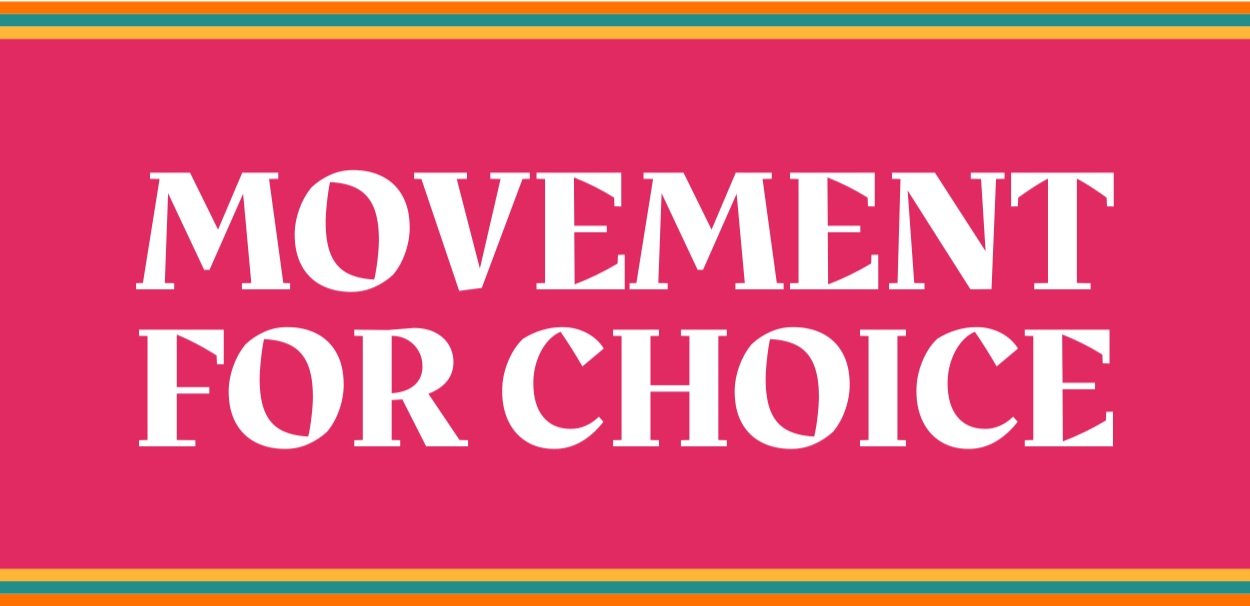July Edition: Call-In Column with Paula
COMMENT: “First I think it’s only right to say I am staunchly, firmly, pro-choice. I was also privileged enough to believe that the overturning of Roe wouldn’t affect my access to healthcare. Until it did. I arrived at my pregnancy confirmation appointment and as soon as the ultrasound started, I knew something was wrong. I had had a missed miscarriage, so my body still believed I was pregnant but the fetus was had not developed and there was no fetal heartbeat. I was a good candidate for medical management (vs a d&c) EXCEPT the same week I had been devastated with the news that I had miscarried, the state of Georgia had also passed a 6-week abortion ban and while I wasn’t seeking to have an abortion, there was concern that pharmacies in my rural area wouldn’t fill the prescription. I ended up having to go to a more metro area to get the medication.
I share this story for every cis, het, monogamous white woman who doesn’t feel like abortion is an issue because you don’t plan to have one. You never know. You never know what healthcare you may need access to that may no longer be available because of fall out of the overturning of Roe.
The impacts on IVF from the ruling in Alabama is another perfect example of the fall out from the mentality that this is an issue that can effect anyone.”
ANSWER: First of all, I’m so sorry that happened to you and I hope you are getting the support you deserve as you heal. We appreciate you and thank you, from the bottom of our hearts, for sharing your story with us. It is an all too common one and a very important message to send to anyone trying to start a family right now… or not.
Not having access to abortion care when you need it can dramatically affect your life or end it. In most cases, people aren’t planning to have abortions, they need them — for whatever reason.
The fact of the matter is that miscarriages are extremely common (more common than people realize: up to 30% of pregnancies end in miscarriage) and most require care (abortion care) to manage in order to avoid more, potentially life threatening situations. This is the most basic reason abortion care IS healthcare which is often necessary in order to protect the future fertility and health outcomes of the pregnant person.
You are correct to say that these decisions affect everyone and it’s extremely important for people who may have otherwise had more privileged experiences with their healthcare to recognize that this has not been the case for many Americans, historically and currently. Even before Roe fell, pregnant people have systematically been denied healthcare to disastrous outcomes, especially for Black people, indigenous people, and immigrants. They have faced forced birth, hysterectomies, sterilization and more invasive, unimaginable pain that no one should have to endure.
And you’re also right to say, the attacks on our access to abortion care are not the end. The decision to give embryos more rights than women in the state of Alabama should alarm everyone, everywhere. The people fighting to dismantle our reproductive rights are simply interested in control. By controlling our bodies they are controlling economic outcomes and the upward mobility available to a whole generation of people. Having children is not cheap. Access to healthcare is not cheap. Moving is also not cheap. So in a way, these laws are not only governing your body but also your movement and possibilities you see (or not) for your future based on your access to resources. So, if you’re disabled, unhoused, living in poverty, or already have multiple children (the list goes on) you’re largely stuck where you are.
Bottom line, the attacks on abortion and IVF is defunding and dismantling the minimal access to healthcare many Americans had, leaving reproductive healthcare deserts throughout America.
What can you do about it?
Vote! The election is right around the corner. Look up your local politicians' stance on abortion rights. If they do not support your access to unabridged healthcare, do not vote for them.
Donate! Help people afford the often astronomical burden being placed on people (like you) who have to travel for basic healthcare.
And, please keep sharing your stories! The most important and helpful thing we can do as human beings is share and connect to another human experience.
